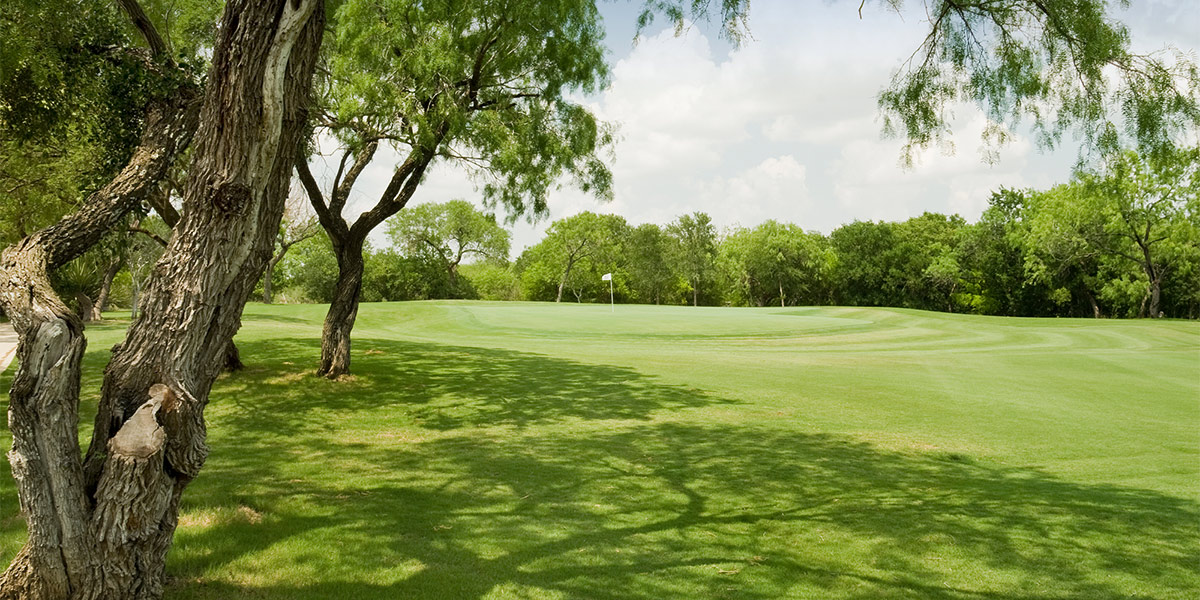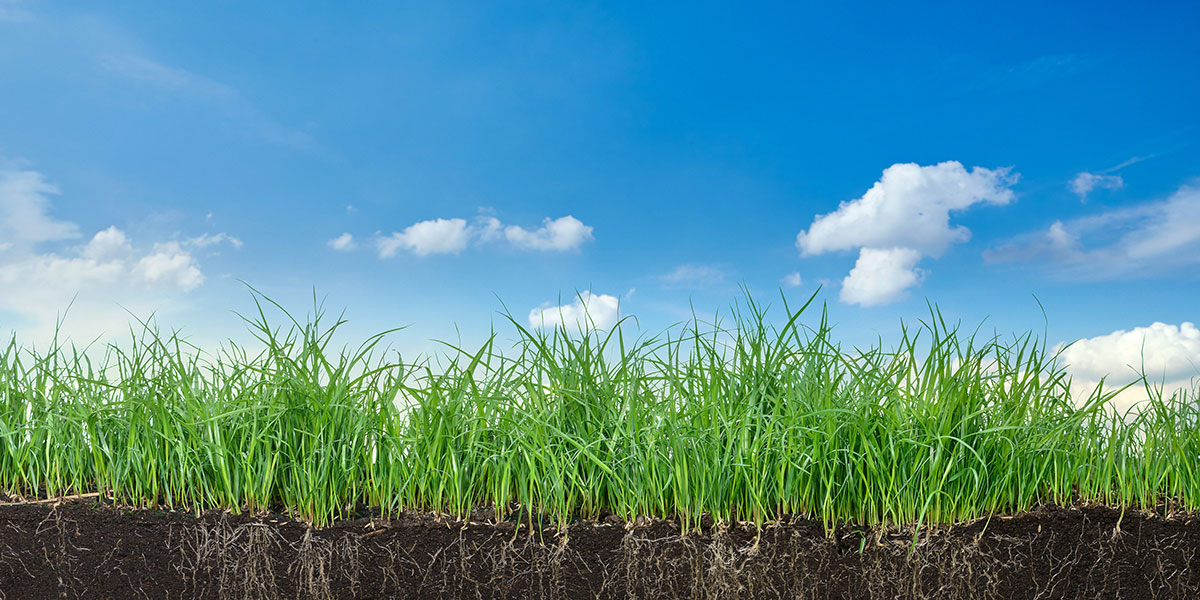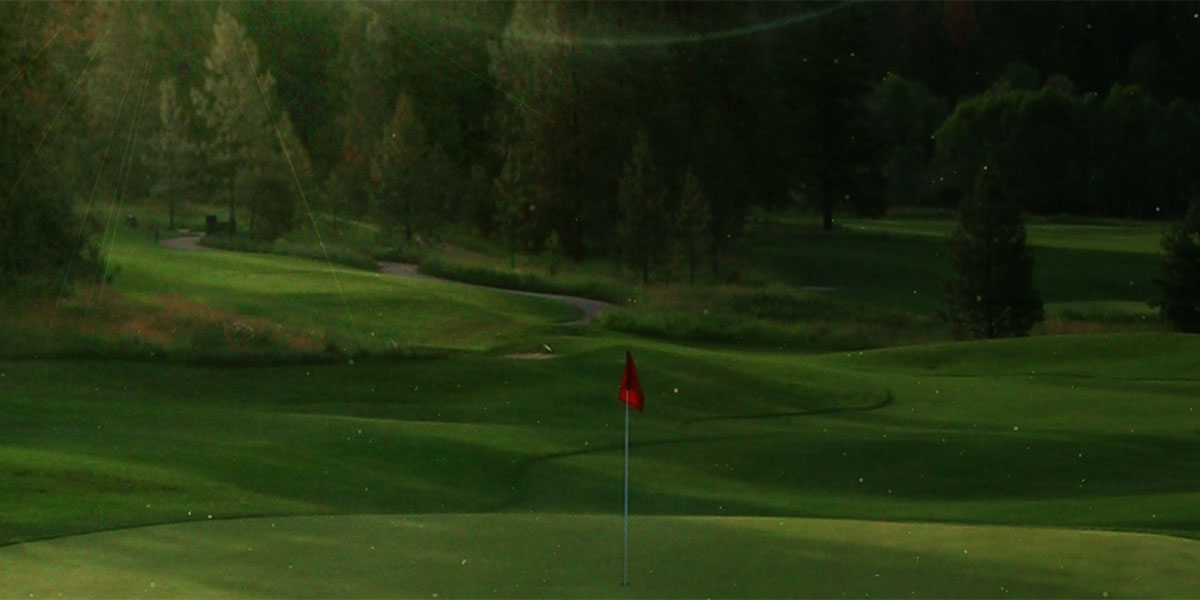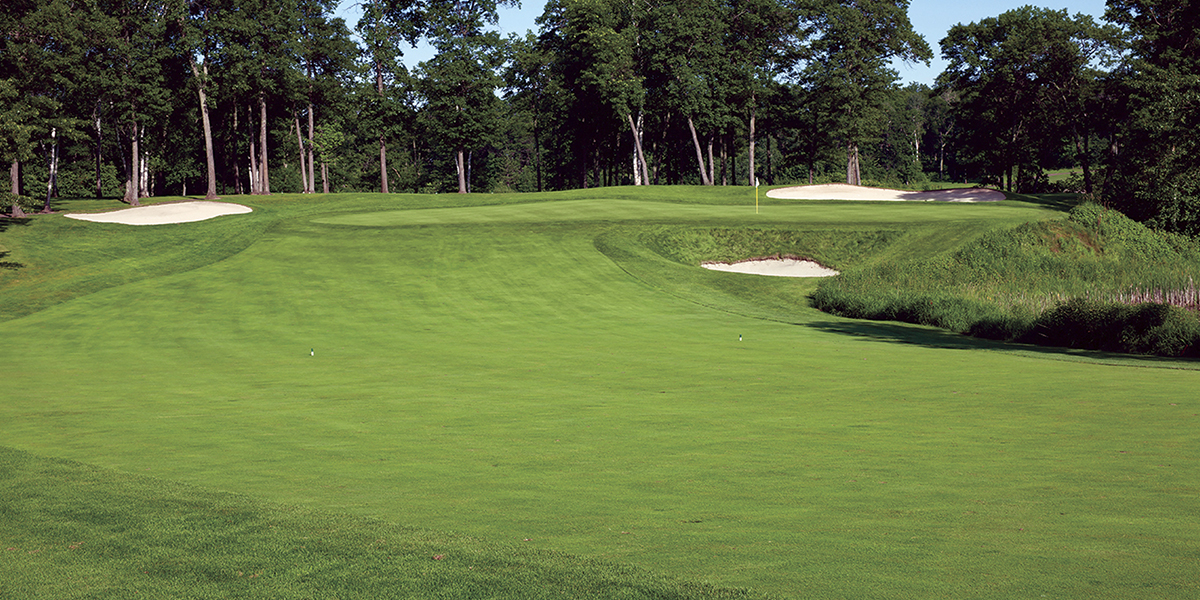______________________________________________________________________________________________________________________________________________________________
Big Championship, Short Timeline
Jeff Corcoran is preparing for what might be the earliest and farthest north major championship ever. Find out how he’s gearing up and how BASF is helping him meet the plant health challenges of the May event, as well as the demands of member play.
By Pat Jones

Oak Hill Country Club is arguably the greatest championship location in the United States. It’s always highly ranked, always cutting-edge and, after a spectacular renovation by Andrew Green in 2019, always up for the challenge of a major. Now, as longtime manager of golf courses and grounds, Jeff Corcoran is preparing for a mid-May PGA Championship. We decided to find out how his approach will differ from the past, as well as how he’s been able to meet the dual challenge of hosting the world’s best players while making his local members proud of the new version of the Donald Ross classic.
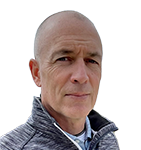
JEFF CORCORAN
Manager of Golf Courses and Grounds,
Oak Hill Country Club

How does the mid-May timing change your overall agronomic plan and timing of key sprays?
Honestly, this championship really doesn’t have a big impact on the timing of our key sprays. We’re staying true to what we’ve been doing. It was a much bigger change with the old August tournament timing. We would tighten up intervals and do more preventative sprays because you can’t be sure what the weather will do.
So, if you had to trade, you might take the spring timing over the late summer?
(Laughs) I don’t know if anyone would necessarily trade having less than two months to prepare for a championship for fewer heat-related problems. We think this might be the earliest, farthest north major championship ever. We’re going to have our work cut out for us.
Would I like more than 50 days to prepare? Yes, I certainly would. Do I miss [preparing the course for] heat and humidity? Not a bit. It’s just like anything else in life — there are pros and cons.
When you think about plant health around the course, where’s your biggest focus?
Oak Hill has a reputation for quality conditions, so plant health starts at the tee, runs through the fairway, goes right to the green and blends out into the rough. Plant health is a course-wide issue.
Let’s start with the fundamentals. What does plant health mean to you at Oak Hill?
It means trying to do a whole bunch of different things that allow [your course] to survive all the rigors we put on those grass plants during a long season. It’s trying to get those plants to maintain a level of health despite all the double cutting, rolling, brushing, mowing, topdressing – all these stresses we put on them – in addition to traffic from play. What we’re trying to do is to sustain that plant [health] throughout the entirety of the golf season.
What will you try to do prior to the tournament to ensure consistent plant health?
With the early date, the key spray isn’t as “key.” We usually don’t see a lot of growth and stuff going on until Memorial Day. I don’t foresee one disease that will make or break us, so we don’t have to shift the entire program. If we’re concerned about anything, it’s having enough growth. And, in some ways, lack of growth will actually help with green speeds and firm-and-fast conditions. The bottom line is insect pests and fungal pathogens aren’t going to keep us up at night.
But you’ll still do some broad-spectrum apps, correct?
Yes, we’ll make some pretty broad and basic sprays to cover our bases beforehand to make sure we don’t see waitea patch, cool-season brown patch or any soil-borne pathogens. We’ll definitely also go out with Xzemplar® [fungicide] on fairways and tees as a nice, broad-spectrum fungal control spray. Then we’ll likely do an Insignia SC [Intrinsic brand fungicide] water-in spray on greens about May 1.
How do those BASF products work into your normal program?
Xzemplar is that broad-spectrum systemic that is fundamental for our larger acreage sprays. It’s there on a once-a-month rotation that helps us manage resistance. Xzemplar is a big part of that rotation program because of that SDHI technology.
What are the big factors you’re most concerned about with plant health?
There are a myriad of them. The stresses applied by golfers — foot traffic, caddies, things of that nature — are going to happen, and the simplest solution is to alleviate traffic and move stuff around as much as possible. Environmental and biotic stresses are a different matter. Plant diseases and insect pests are [at the] top of that list.
On putting surfaces, it’s Maxtima® [fungicide]. It’s proved to be an extremely, extremely safe DMI we can rotate on greens. For broad-spectrum control on greens, we rely on Insignia. Those BASF products are an important part of our disease management and plant health programs.
How have you partnered with BASF and their team?
I think over the past five to seven years, BASF has become just a great partner for what we try to do here in terms of plant health at Oak Hill. The amount of R&D they put into their fungicide portfolio and the tools they bring to the table really help us do our job better and sleep at night. They have very effective products that work.
It’s great to have their help with this championship. BASF has demonstrated they’re a partner on and off the golf course. They stepped up on the behind-the-scenes tournament support. Not only do they produce good products, but they’re good team members of the turfgrass industry.
Final thoughts on presenting a new version of a grand old course?
It’s super exciting. We’re all looking forward to it. We’re just hoping that none of those variables that are out of our control pop up and diminish the product we’ve produced. Personally, I want our [members] to be able to walk around that week and think, “This is why we put all that hard work and effort into 2019.” Now the golf world gets to see Oak Hill shine in a very different way than it has in the past because it’s so different — that’s pretty cool.
Always read and follow label directions. Insignia, Intrinsic, Maxtima and Xzemplar are registered trademarks of BASF.
All products may not be registered for sale or use in all states. Check with your state or local extension service. ©2023 BASF Corporation. All rights reserved


